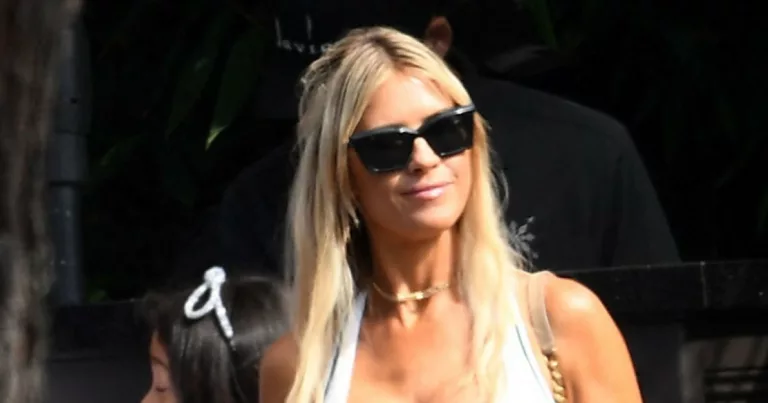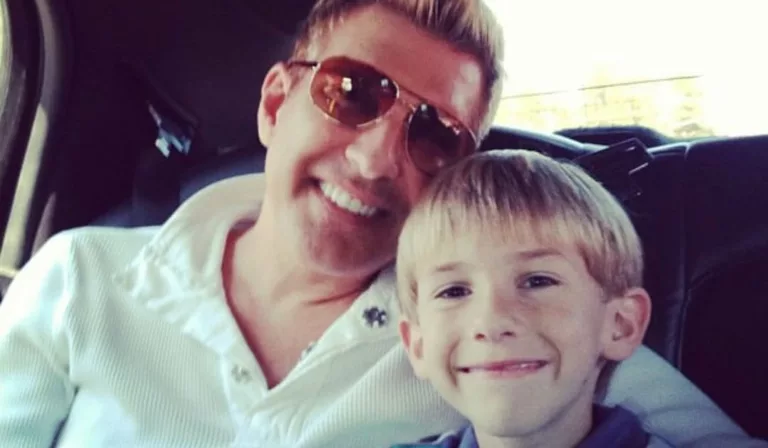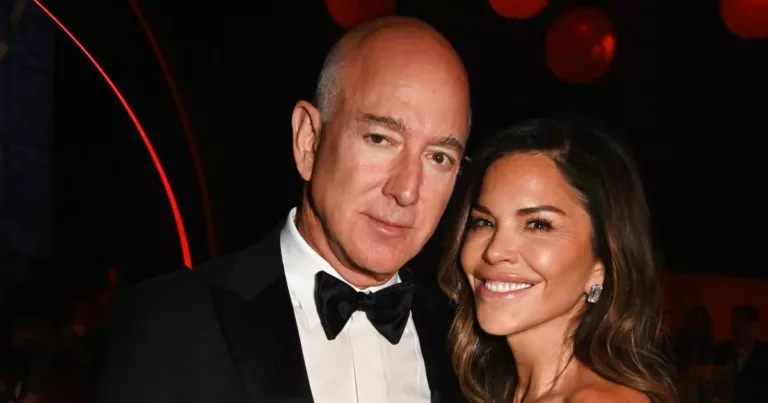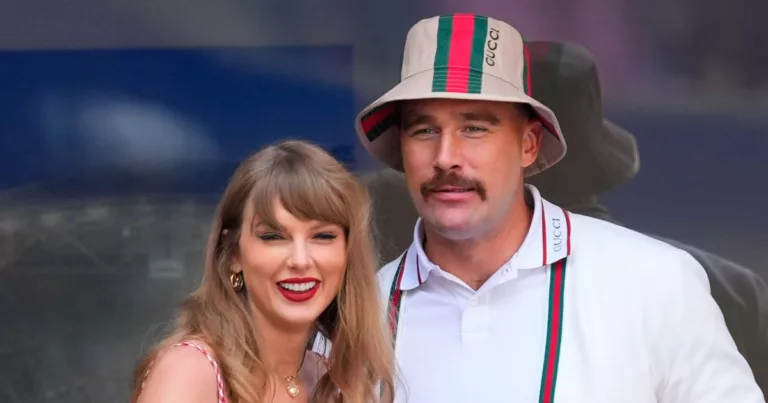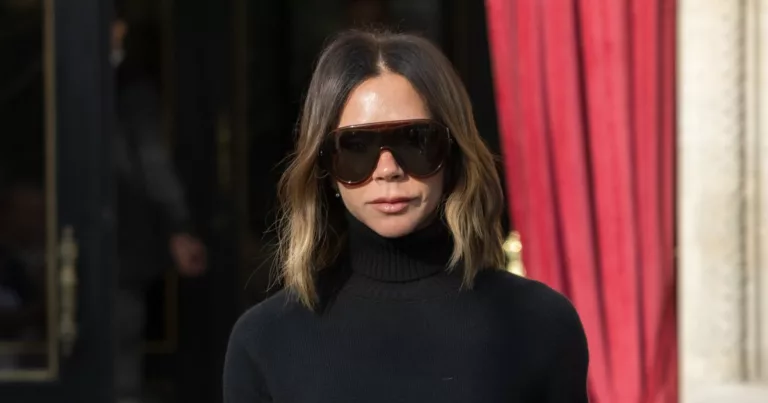Tyler Baltierra Opens Up About Autism Diagnosis A Journey of SelfDiscovery
In a poignant revelation from the latest episode of the “Cate & Ty Break It Down” podcast, Tyler Baltierra, known for his role on “Teen Mom OG,” shared his recent diagnosis on the autism spectrum. This disclosure not only sheds light on his personal journey but also highlights the broader implications for advocacy and understanding of neurodiversity.
Tyler and his wife, Catelynn Lowell, have always been open about their challenges and triumphs, from tackling mental health issues to navigating the complexities of parenthood together. Their transparency sets them apart in the reality TV landscape, allowing fans to connect with their authentic experiences. Now, with Tyler’s autism diagnosis, they are extending that openness to a subject that deserves more conversation.
The revelation was sparked by their 6-year-old daughter, Vaeda, who exhibits behaviors reminiscent of Tyler’s childhood. Reflecting on this connection, Tyler explained, “Just seeing so many things in Vaeda that I’m like, ‘Oh my God, I get why she’s doing that. Oh my God, when I was a kid, I remember doing that.’” His acknowledgment of the similarities between his own childhood experiences and those of his daughter emphasizes a critical point: many adults discover their neurodiversity when they see it reflected in their children.
Tyler revealed that he was often perceived as an “ADHD hyper kid,” a common overlap for those on the autism spectrum. This correlation between autism and ADHD, often referred to as “audhd,” suggests that many individuals might move through life without a complete understanding of their neurological makeup, particularly if they’ve spent years masking their true selves to fit societal norms.
Masking is a behavior where individuals suppress autistic traits to appear more neurotypical. Tyler got candid about his high ranking in masking, which allows him to navigate social situations more comfortably but at a significant personal cost. “I ranked super-high in masking,” he said, illustrating the emotional and psychological toll it can take. “It can also delay getting a diagnosis,” he added, underscoring the importance of recognizing these traits early on for individuals and families.
Tyler’s experience also touches on the emotional complexity of receiving such a diagnosis later in life. “It felt like a big sigh of relief,” he stated. “And then I got really sad… because I thought about all the stuff I went through as a kid.” This duality of relief and sorrow is not uncommon among adults who discover they are part of the autistic community later in life, often reflecting on past struggles with a new understanding.
The discussion on the podcast also included Tyler’s reflections on his mood swings, which he attributed to disruptions in his routines. “Your mood swings are based [on] things not going right in your weird little routine that I won’t be able to understand,” he shared, highlighting how autism can manifest in ways that affect emotional regulation and daily functioning.
As Tyler and Catelynn contemplate their daughter Vaeda’s future, they plan to have her assessed for autism. Their proactive approach aims to provide Vaeda with the understanding and support she needs early on, potentially alleviating the confusion and questions that Tyler faced in his own childhood. It’s a hopeful step toward breaking the cycle often perpetuated by a lack of awareness around neurodiversity.
Looking towards the future, Tyler expressed a desire to embrace his autism rather than seek treatments that aim to “fix” him. “It’s just the way my brain works,” he affirmed, emphasizing that knowledge about his neurodiversity equips him with the tools to navigate life more effectively. This perspective is vital in reshaping societal attitudes towards autism, urging a shift from viewing it purely as a challenge to recognizing it as a distinct way of experiencing and understanding the world.
Social media reactions to Tyler’s announcement have been overwhelmingly supportive, with fans expressing admiration for his honesty and strength. His journey resonates with many who may find themselves in similar situations, encouraging a shift in how autism is perceived within the public eye. The visibility that Tyler brings to this discussion has the potential to foster greater understanding and acceptance.
As we move into a time where mental health and neurodiversity are becoming less stigmatized, Tyler Baltierra’s story serves as a reminder of the importance of embracing our unique traits. His journey encourages a broader conversation about autism, reminding us that every individual, regardless of their neurological makeup, deserves to feel valid, seen, and understood.
In conclusion, Tyler’s candid sharing offers not just a glimpse into his life but also a compelling narrative intertwined with broader themes of identity, understanding, and acceptance. As public figures like Tyler continue to speak out, they help pave the way for a more inclusive society where differences are celebrated rather than concealed. Let’s celebrate this journey of self-discovery and support everyone’s quest for understanding their true selves.

